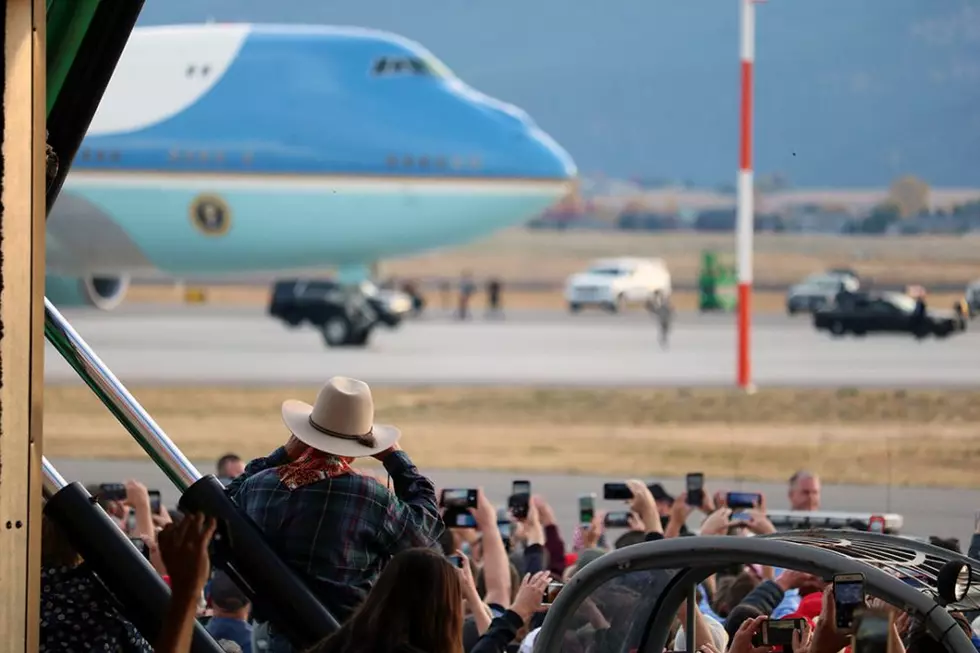
Viewpoint: Are presidents – not just Trump – above the law?
David James
The Supreme Court will soon decide whether former President Trump will have presidential immunity for his attempts to alter the results of the 2020 election. Let’s break it down. To grant immunity, the Supreme Court would have to decide that all presidents are above the law. Not just Trump.
Trump used this same argument in the civil case when E. Jean Carroll sued him for defamation and failed. It is unlikely that the court would rule that Trump now has immunity in this criminal case.
Trump is arguing that even if he doesn’t have full immunity, his involvement in statewide elections is legal under the “outer perimeter” of presidential duties, which gives him immunity. Secretaries of state and county officials run elections, and a president has no duties or say in the last count, or the last count of the Electoral College. The Court must agree that his interference in multiple states’ votes is legal.
If the Supreme Court agrees with Trump, there would be nothing to prevent Joe Biden or any future president from successfully doing exactly what Trump did in 2020, but with more skill. The Supreme Court would have to rule that the president could do no wrong. Therefore, the Supreme Court has to deny Trump’s motion to dismiss these charges, because to do so would virtually end our democracy by giving a legal means for any future president to stay in power.
Trump has claimed that “Crooked Joe Biden and his henchmen waited three years to bring this sham case.” There has been no evidence and four years when Trump controlled the Justice Department and would have found any if it existed, to support his assertion that Joe Biden is “crooked.”
The DOJ doesn’t function as “henchmen” for President Biden. It’s possible Trump would like his DOJ to do this, but Jack Smith is independent and doesn’t take orders from Attorney General Merrick Garland or the President. Prosecutor Jack Smith is not AD Bill Barr.
Trump claims “I was President, it was my right and duty to investigate and speak out about the rigged and stolen 2020 Presidential election.” Again, states run elections. States certify their results in each county, so Trump had no constitutional right to actively participate in any vote count, which we now know he did in Michigan and Georgia and possibly others.
If a President suspects fraud, he needs to report it to the DOJ. Here, he did, and DOJ couldn’t find any evidence. So Trump had neither the right nor duty to investigate. One thing is certain, the future of our democracy could depend on whether the Court agrees with Trump.
